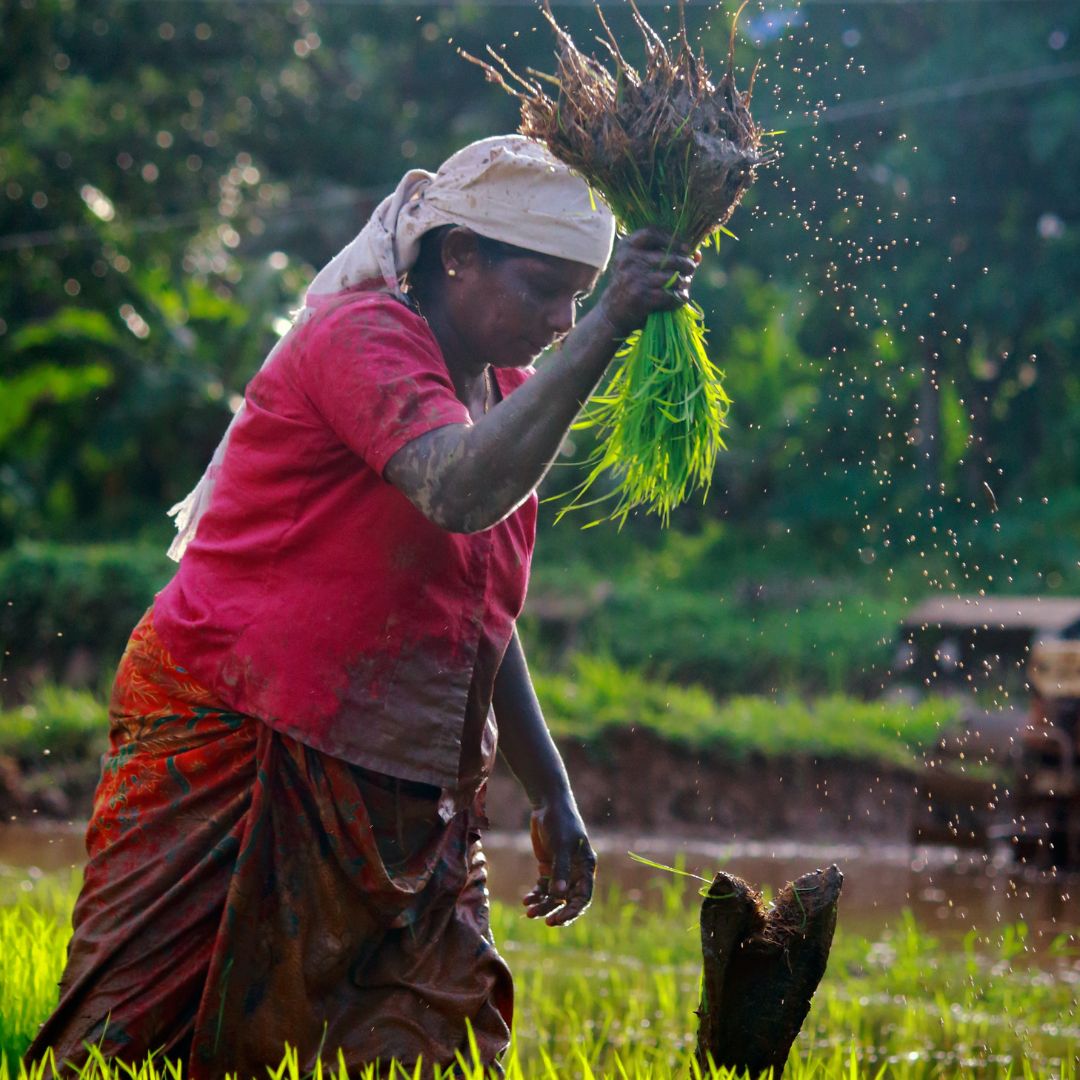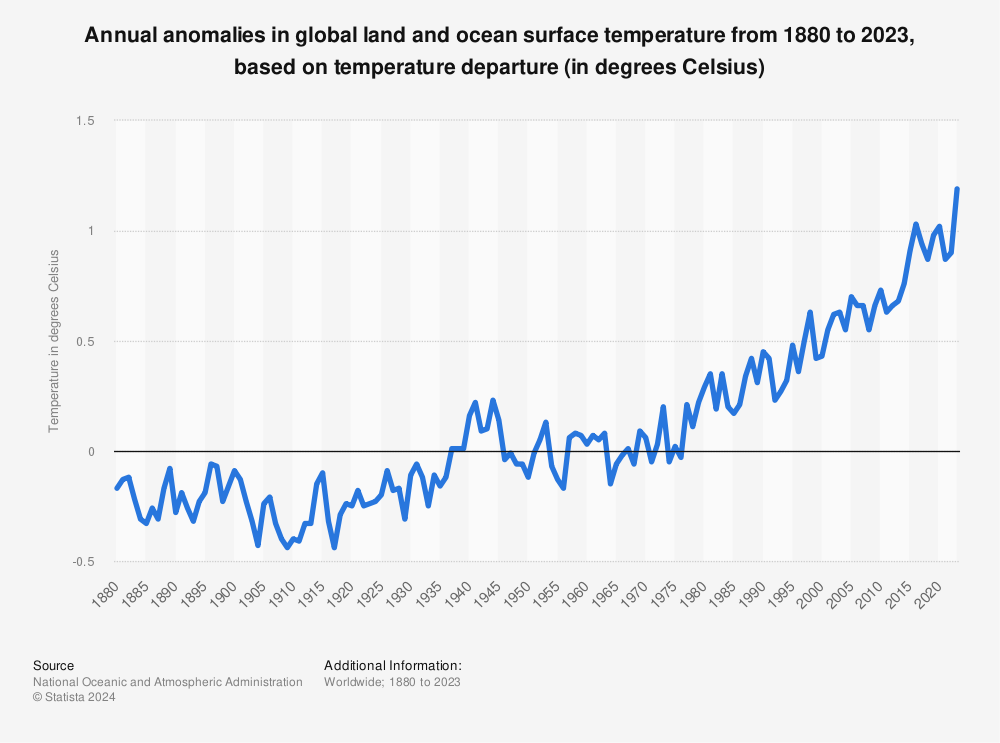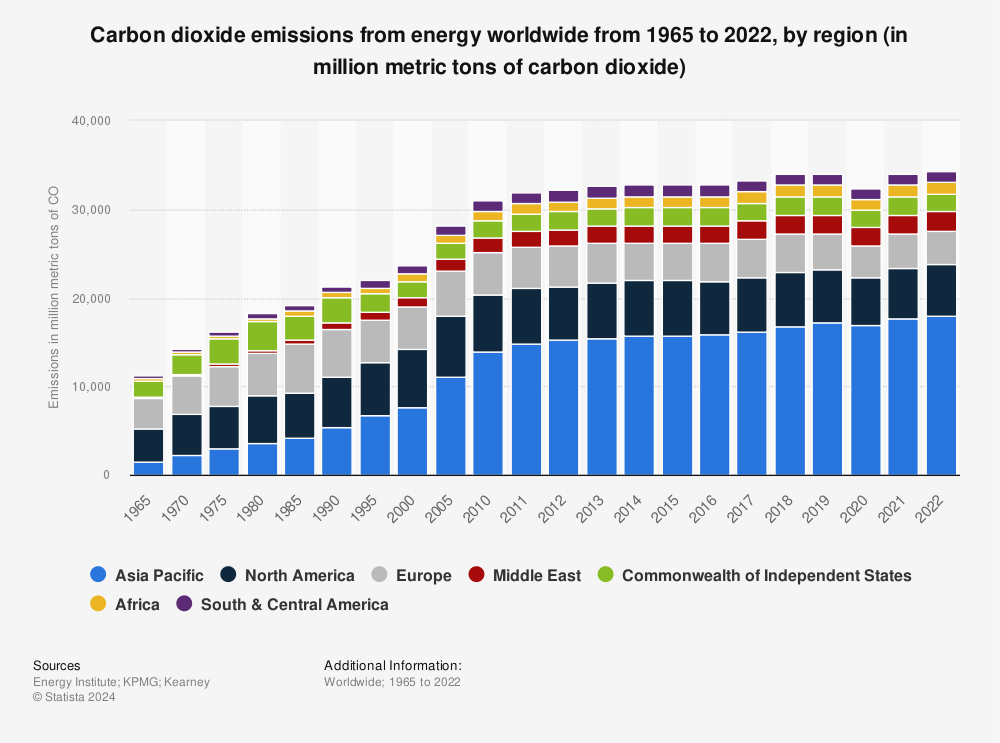
The Climate Crisis and Fair Trade: How Your Purchases Can Make a Positive Impact
As the global climate crisis continues to escalate, many of us are searching for ways to make a positive impact. One often-overlooked solution lies in the products we purchase. By choosing products that are produced through fair trade practices, we can help combat the climate crisis while supporting social and economic justice for marginalized communities. Fair trade products are produced with a focus on sustainability, reducing greenhouse gas emissions, and protecting natural resources. Additionally, fair trade practices ensure that workers receive fair wages and safe working conditions. By making conscious purchasing decisions, we can support a more sustainable and equitable future for all. In this article, we'll explore the ways in which fair trade and the climate crisis are interconnected, and how you can make a difference with your consumer choices.
The Current State of the Climate Crisis
The climate crisis is a global issue that affects us all. It is caused by the increase in greenhouse gases in the atmosphere, primarily carbon dioxide, which is released by burning fossil fuels. This increase in greenhouse gases is causing the Earth's temperature to rise, resulting in more frequent and severe natural disasters, such as hurricanes, floods, and droughts. The effects of climate change are widespread and can be seen in the melting of glaciers, rising sea levels, and the destruction of entire ecosystems. The situation is dire, and urgent action is needed to mitigate its impact.
The past ten years have seen some of the warmest temperatures on record, with 2016 being the highest anomaly on record. Global warming is largely attributed to the release of carbon dioxide into the atmosphere, as well as the decrease in sea ice cover in the Northern Hemisphere.

Find more statistics at Statista
What is Fair Trade?
Fair trade is a movement that seeks to create a more equitable and sustainable world by promoting social and economic justice. It is a trading partnership based on dialogue, transparency, and respect, seeking greater equity in international trade. Fair trade products are produced with a focus on sustainability, reducing greenhouse gas emissions, and protecting natural resources. Additionally, fair trade practices ensure that workers receive fair wages and safe working conditions. Fair trade is about creating a system that works for everyone, not just the wealthy few.
Read more about the 10 principles of Fair Trade on Aksa's blog post.

The Connection Between Fair Trade and the Climate Crisis
The connection between fair trade and the climate crisis is clear. Fair trade practices prioritize sustainability, reducing greenhouse gas emissions, and protecting natural resources. By reducing the use of harmful chemicals and promoting sustainable farming practices, fair trade products have a lower carbon footprint than products produced through conventional methods. Additionally, fair trade practices ensure that workers receive fair wages and safe working conditions, which leads to more stable and resilient communities that are better equipped to withstand the impacts of climate change.
How Fair Trade Practices Can Reduce Carbon Emissions
In 2021, the Asia-Pacific (AP) region emitted 17.74 billion tons of carbon dioxide (CO₂), more than all other regions combined. China alone contributed nearly 60 percent of APCO₂ emissions in 2021, and accounted for 31 percent of the total global emissions.
North America was the second most polluted region in 2021, with 5.6 billion tons. European, North American and APCO emissions increased by about five percent in 2021 compared to 2020 levels.

Find more statistics at Statista
Fair trade practices can reduce carbon emissions in several ways. One way is by promoting sustainable farming practices that reduce the use of harmful chemicals and pesticides. By using natural fertilizers and crop rotation techniques, fair trade farmers can maintain healthy soil, which helps to sequester carbon. Additionally, fair trade products often have shorter supply chains, which means that they require less transportation and therefore have a lower carbon footprint. Fair trade practices also prioritize renewable energy sources, such as solar and wind power, which further reduces carbon emissions.
Fair Trade Certifications to Look for When Shopping
When shopping for fair trade products, it's important to look for certifications that ensure that the products meet certain standards. The most widely recognized fair trade certifications in Australia are Fairtrade International, Fair Trade Association of Australia and New Zealand, and World Fair Trade Organization. These certifications ensure that the products are produced through fair trade practices, which means that workers are paid fair wages and work in safe conditions, and that the production process is sustainable and environmentally responsible. By purchasing products with these certifications, you can be sure that your purchases are making a positive impact on both people and the planet.

Fair Trade Products to Consider Purchasing
There are many fair trade products available, from coffee and tea to chocolate and clothing. By choosing fair trade products, you can support sustainable and ethical production practices while also enjoying high-quality products. Some fair trade products to consider purchasing include:
- Coffee
- Tea
- Chocolate
- Clothing
- Jewelry
- Handicrafts or Home Decor
By supporting fair trade, you can make a difference in the lives of workers and their communities while also reducing your carbon footprint.
The Impact of Fair Trade on Marginalized Communities
Fair trade has a significant impact on marginalized communities. By promoting fair wages and safe working conditions, fair trade practices empower workers and their communities. This, in turn, leads to more stable and resilient communities that are better equipped to withstand the impacts of climate change. Additionally, fair trade practices often prioritize the needs of women and children, who are often the most vulnerable members of society. By supporting fair trade, you can help to create a more just and equitable world.
How to Support Fair Trade and Reduce Your Carbon Footprint
There are several ways you can support fair trade and reduce your carbon footprint. The first is to look for fair trade certifications when shopping for products. By purchasing products with these certifications, you can be sure that your purchases are making a positive impact on both people and the planet. Another way to support fair trade is to buy local products whenever possible. By purchasing products that are produced locally, you can reduce the carbon emissions associated with transportation. Finally, you can reduce your carbon footprint by making small changes in your daily life, such as using public transportation, walking or biking instead of driving, and reducing your energy consumption.
The Role of Government Policies in Addressing the Climate Crisis and Fair Trade
Government policies play a crucial role in addressing the climate crisis and promoting fair trade. Governments can implement policies that promote sustainable production practices, reduce greenhouse gas emissions, and support fair trade. For example, governments can provide subsidies for renewable energy sources, promote sustainable farming practices, and create regulations that ensure fair wages and safe working conditions. By supporting policies that promote sustainability and fairness, we can create a more just and equitable world.
Conclusion
The climate crisis is a global issue that requires urgent action. By choosing products that are produced through fair trade practices, we can help combat the climate crisis while supporting social and economic justice for marginalized communities. Fair trade products are produced with a focus on sustainability, reducing greenhouse gas emissions, and protecting natural resources. Additionally, fair trade practices ensure that workers receive fair wages and safe working conditions. By making conscious purchasing decisions, we can support a more sustainable and equitable future for all. Let's take action today to create a better world for tomorrow.
